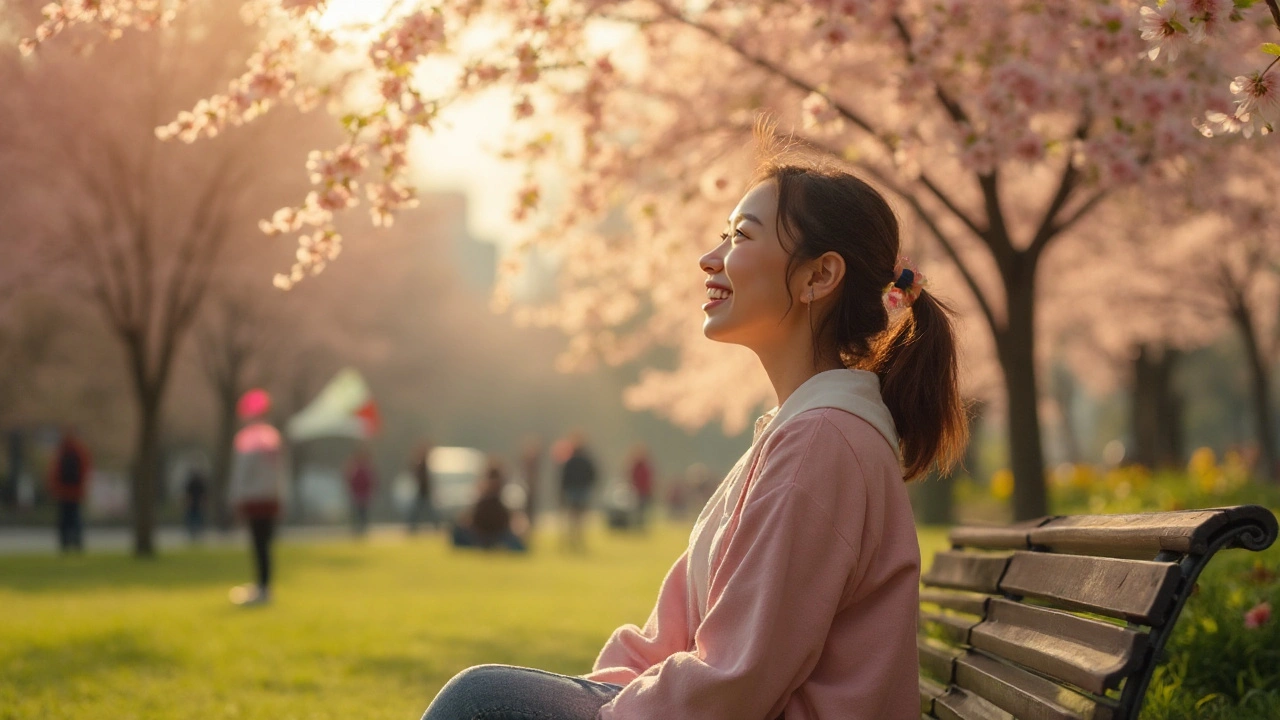Seasonal Allergy: What you need to know and how to feel better
Every spring you notice the sneezing, watery eyes, and itchy throat that seem to follow the pollen clouds. It’s not magic – it’s your body reacting to tiny particles in the air. Understanding why the reaction happens and what you can do right now makes the season a lot less miserable.
Common symptoms and why they happen
Typical signs include a runny or stuffy nose, itchy eyes, sneezing fits, and a scratchy throat. Some people also get mild skin itching or a low‑grade fever. The culprit is histamine, a chemical your immune system releases when it thinks the pollen is a threat. Histamine widens blood vessels in the nose and eyes, causing the classic runny‑and‑red feeling.
Symptoms usually start within minutes of exposure and can last as long as the pollen is in the air. They tend to be worse in the morning and late afternoon when pollen counts peak. If you notice the pattern, you can plan your day to avoid the worst moments.
Everyday tricks to cut down the sneeze
First, keep windows closed on high‑pollen days and use air filters if you have them. A cheap HEPA filter in your bedroom can lower nighttime symptoms dramatically. When you’re out, a pair of sunglasses helps block pollen from hitting your eyes, and a simple mask can stop a lot of particles from reaching your nose.
Rinse your nasal passages with a saline spray twice a day. The rinse washes away pollen that’s already stuck, reducing the histamine trigger. Over‑the‑counter antihistamines work well for many people – take them before you head outside, not after the symptoms start.
If you prefer natural options, local honey taken daily may help your body get used to the pollen you breathe. A cup of herbal tea with ginger or chamomile can soothe a scratchy throat and calm the cough reflex.
Lastly, stay hydrated. Drinking water thins mucus, making it easier to clear your sinuses. Aim for at least eight glasses a day, especially if you’re exercising outdoors.
Seasonal allergies are a nuisance, but with a few practical steps you can keep them from ruining your day. Track pollen counts, protect your breathing space, and use simple over‑the‑counter or home remedies. You’ll notice the difference within a few days, and the season will feel a lot more manageable.
Bilastine for Hay Fever: Fast Relief for Seasonal Allergy Sufferers
- Cheryl Moran
- August 29, 2025
- 12 Comments
Discover how Bilastine works, how it compares to other antihistamines and the safest way to use it for hay fever relief this season.
read more